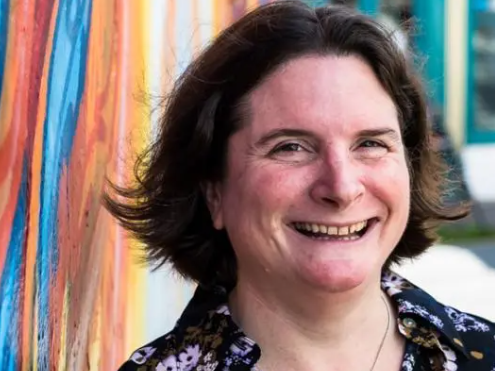On the website for the British Psychological Society, clinical psychologist Naomi Fisher discusses “peri-psychiatric” terms and diagnoses — unofficial but widely used concepts that shape conversations and expectations regarding mental health among a broad population, kids and teens included:
“A couple of years ago, I noticed something new in the reports I was reading about the adolescents I worked with. ‘As part of her ADHD, Amelia also has RSD’, a typical report might say. Or ‘Bethan’s RSD makes it hard for her to establish friendships and she is socially isolated’. RSD? RSD was not something I’d been trained in, nor could I find it in the diagnostic manuals. Yet it was being written about in the reports as if it was something that all professionals would know about.
I asked parents, and they were confused by my question. Didn’t I know about RSD? To them, it was no different to ADHD, or GAD (Generalised Anxiety Disorder), or any other diagnosis their child had been given. They described it to me as an integral part of ADHD – that was the reason their child got so upset when their friends didn’t text them back, they said. One of them told me that this was the way their child was wired and always would be – it’s neurological.
I went away and I Googled it. What I discovered intrigued me.
A lightbulb moment
Back in the 2010s, a psychiatrist called William Dodson observed something in his adult clients with ADHD. They had, he suggested, a heightened sensitivity to rejection from others. He assessed this by asking them this question.
‘For your entire life, have you always been much more sensitive than people you know to rejection, teasing, criticism, or your own perception that you failed or have fallen short?’
Many of his clients said yes to this question, and Dodson gave it a name. Rejection Sensitivity Dysphoria or RSD. He started writing articles about it. The concept resonated with many. Before long, there were people posting TikTok or Youtube videos about RSD and how to identify it.
. . . . As I explored this world more deeply, I discovered that not only are new peri-psychiatric terms such as RSD emerging on the internet, but official diagnoses are being redefined. . . .
There is also evidence that symptoms can be spread by social media, with Kirsten Müller-Vahl and colleagues in Germany coining the phrase ‘mass social media-induced illness’ to describe an outbreak of young people developing verbal and motor tics after watching a highly successful YouTube creator who made videos showing a wide range of ‘Tourettes-like’ tics.”
Article → ***
***
More from Around the Web
More from Mad in the Family














